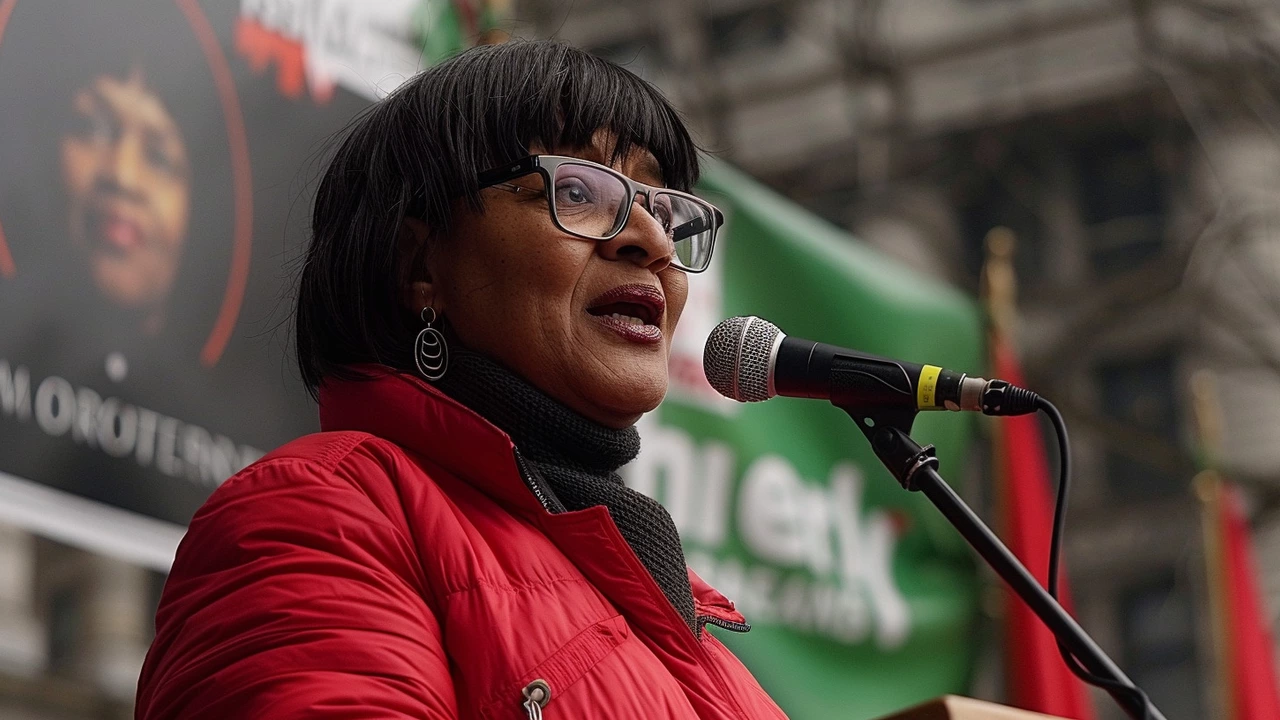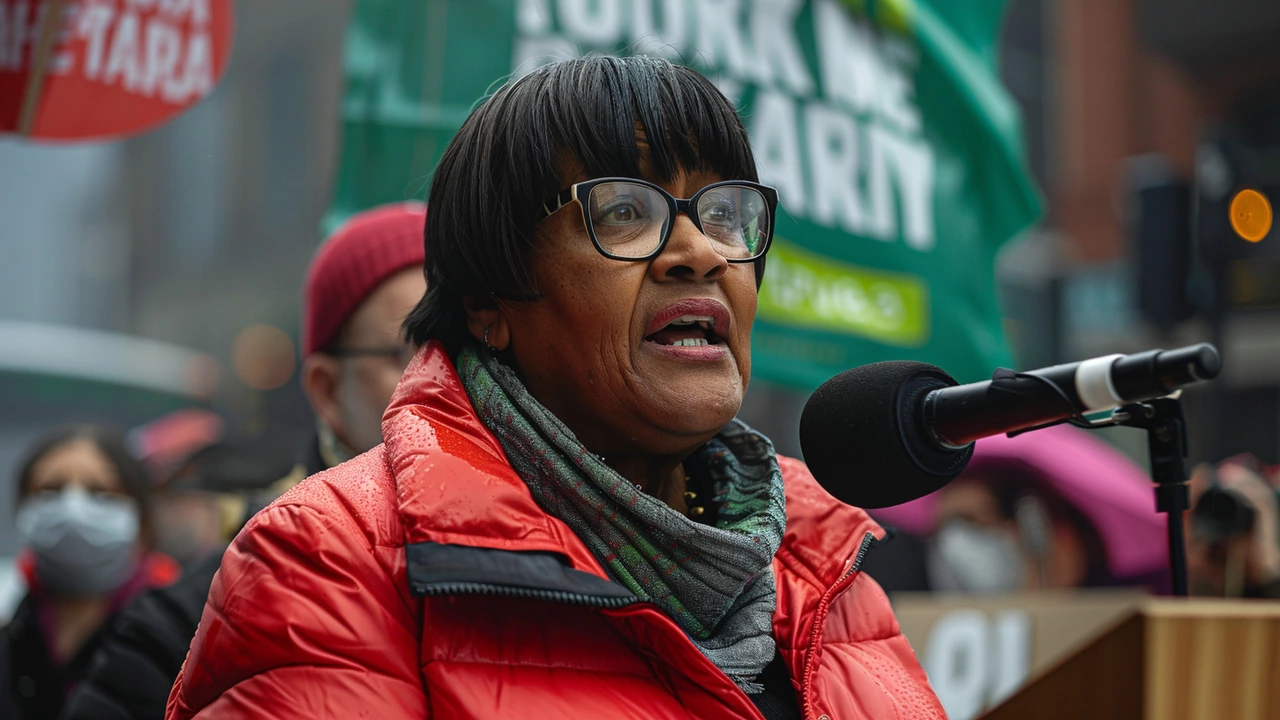Diane Abbott's Labour Party Whip Restoration
The long-standing MP for Hackney North and Stoke Newington, Diane Abbott, has recently been reinstated to the Labour Party whip after an in-depth investigation into her contentious comments on racism. The Labour Party initially withdrew the whip in April 2023 following remarks Abbott made, where she differentiated prejudice faced by Jewish, Irish, and Traveller communities from racism. This sparked intense debate and scrutiny both within and outside the party.
The investigation was meticulously carried out by the Labour National Executive Committee (NEC) and concluded in December 2023. Abbott received a formal warning, citing 'conduct prejudicial and grossly detrimental to the Labour Party.' Additionally, she was mandated to complete an online e-learning module, which she completed by February. Despite these steps, uncertainty surrounds whether Abbott will stand as a Labour candidate in the next General Election.
Investigation and Reactions
The timeline of the investigation has raised eyebrows and led to serious questions regarding Labour's internal processes and leadership transparency. Labour leader Sir Keir Starmer is under significant pressure, particularly due to revelations that the investigation concluded five months ago, counter to his prior assertions that it was still ongoing. This discrepancy has led to a firestorm of criticism, notably from Conservative Party chairman Richard Holden, who accused Starmer of misleading the public.
Adding fuel to the fire, Momentum, a significant campaign group within the Labour movement, has voiced its outrage at the handling of Abbott's situation. The group perceives the actions taken against Abbott as an attempt to oust Britain's first black woman MP from Parliament. Former Labour leader Jeremy Corbyn, who had Abbott as his shadow home secretary, also weighed in, denouncing her treatment by the party. He described the period she spent under scrutiny as leaving her 'in limbo' and 'disgracefully treated.'

Historical Context and Political Impact
Diane Abbott has been a prominent figure in British politics since she was first elected in 1987. Her career is marked by her active advocacy on various social justice issues. The recent controversy is not the first time Abbott has faced criticism for her remarks, yet it is arguably among the most significant due to the implications on her career and the political reactions it has stirred.
Abbott's reinstatement comes at a complex time for the Labour Party, which is gearing up for the upcoming General Election. The party, led by Sir Keir Starmer, has been trying to navigate internal factions while presenting a unified front to voters. The Abbott controversy highlights the tensions within the party over policy positions and leadership decisions.
Moreover, the criticism surrounding the timing of the investigation adds an extra layer of complexity. With Starmer's leadership being questioned over transparency and integrity, this situation may influence public opinion and internal party dynamics. The Labour Party needs to manage these issues carefully as it prepares for the election to ensure that internal disputes do not overshadow their broader campaign objectives.
The Conservative Party has not hesitated to capitalize on this controversy. By accusing Starmer of dishonesty, they aim to undermine his credibility and paint the Labour Party as disorganized and untrustworthy. This political strategy may resonate with voters who are undecided or critical of Labour's internal conflicts.
Abbott's Future and Labour's Prospects
One of the most pressing questions now is whether Diane Abbott will contest the next General Election as a Labour candidate. While her whip has been restored, formal statements or decisions regarding her candidacy remain pending. Abbott's future within Labour will be closely watched, as her potential candidacy could be a litmus test for how the party reconciles with its members who have faced disciplinary actions.
Additionally, the handling of this situation will likely set a precedent for how Labour deals with internal dissent and controversial comments in the future. The party's approach to balancing accountability with unity will be critical as they move forward. The broader implications of Abbott's reinstatement will influence Labour's strategy in addressing member conduct and maintaining a cohesive stance on social issues.
In the broader context of British politics, the Abbott controversy serves as a reminder of the challenges parties face in managing internal conflicts while aiming for electoral success. Labour's response to this situation will be indicative of their readiness to govern and address the complexities of modern political discourse. The outcome of this controversy will likely have lasting effects on the party's image, electoral prospects, and internal cohesion.
Diane Abbott's journey in politics and her recent reinstatement underscore the intricate dynamics within the Labour Party and the challenges of navigating controversial issues. As the party prepares for the next General Election, the resolution of Abbott's situation will be a crucial factor in shaping their electoral strategy and public perception. The Labour Party's ability to address internal disputes effectively and present a unified front will be key to their success in the upcoming political landscape.
